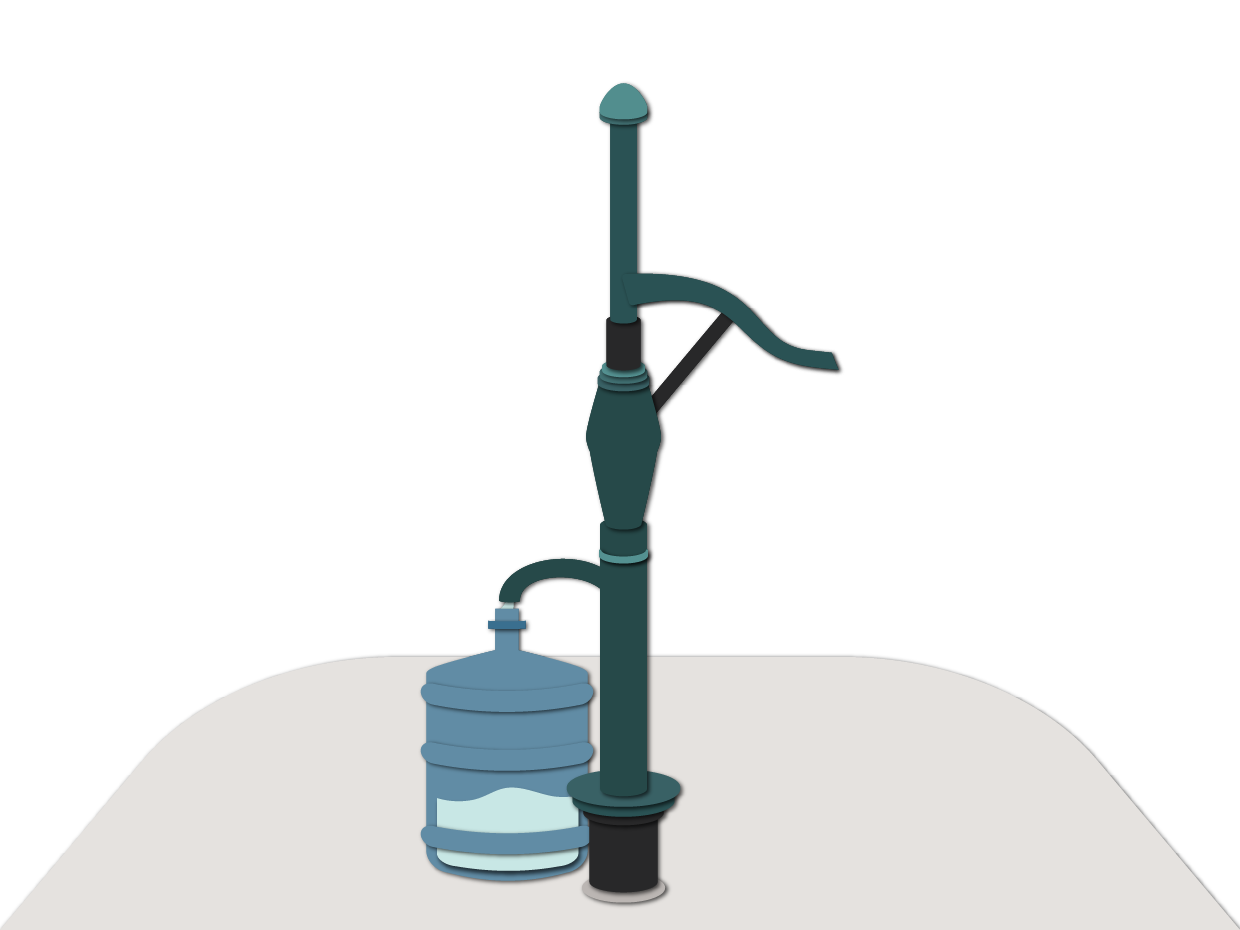If your paycheque isn’t stretching as far, it’s a good time to look at your personal finances.
On this page you’ll find
What is inflation?
Inflation tells us how much prices have changed year-over-year. It’s noticeable in the cost of everyday things, for example the price of a candy bar today compared to 20 years ago. Over time, increases in inflation tend to be offset by increases in wages, since inflation and wages both tend to increase gradually.
However, a more sudden increase in inflation can cause financial stress, due to sharper increases in the cost of living.
Try this Inflation Calculator (Bank of Canada) to see how inflation has changed the cost of goods and services over time.
How do you adjust for increases in cost of living?
Generally, inflation tells us how much more it will cost to purchase goods and services. Many of these are directly related to the cost of living, such as food. But many goods and services are more related to discretionary spending, such as household furnishings or alcohol. This means that inflation doesn’t affect all spending areas equally.
As you review your budget, it’s always important to prioritize your essential living expenses: groceries, transportation and housing. When inflation affects two or three of these simultaneously, it’s even more crucial to make sure you can accommodate them in your budget.
In Canada, the impact of inflation on the cost of living is measured by the Consumer Price Index or CPI. In January 2022, Canadian inflation rose to 5.1% on a year-over-year basis according to Statistics Canada.
6 tips for tackling the costs of inflation
- Track your expenses. When you track your expenses you gain real information about how much you are spending and where. Because inflation will not affect all areas equally, it’s helpful to know what the effects are on your household spending.
- Plan your monthly budget. Creating a balanced budget can help you manage your income and expenses to meet your goals. If you already have a budget, you may need to revise it to account for increased costs to food, transportation, or other important items. Once you’ve accounted for the essential expenses, then you can decide how much to spend elsewhere. Confirming your needs versus wants can help.
- Review your investment priorities. If your budget is stretched thinner than usual, you may not be able to make all the investment contributions you would have previously. If you can keep up contributions to your long-term goals, this is better than stopping altogether. You may also reconsider your asset mix. Some investments (such as equities and real estate), typically provide better protection against inflation than others (such as GICs or bonds).
- Confirm your short-term goals in order of priority. If you are putting aside money for a large purchase or an emergency fund, you may be able to continue your savings contributions at different amounts. Having a savings buffer will help you to manage short-term uncertainty.
- Review your long-term financial goals, including retirement. Inflation can affect the real worth of your retirement savings in the long term, so this is an opportunity to review your investment strategy. How much you need to save for retirement may have changed. Consider all sources of retirement income including employment pension and CPP benefits, and whether any sources are indexed to inflation.
- Talk to your financial advisor. If you are looking for support to make new investment decisions, re-balance your portfolio, or understand how changes in the market may affect your goals, these are all good reasons to work with an advisor.
There are many ways to make room for increased expenses. The best approach is to review your financial priorities and cover essential needs first. From there, you can decide which variable expenses and investment contributions are most important.
Summary
If inflation is making it harder for you to cover your expenses, consider following these budgeting steps:
- Track your expenses to see what’s been impacted by inflation.
- Plan your monthly budget and revise it to account for increased costs. Think about your needs and whether you can decrease unnecessary expenses.
- Review your investment priorities and adjust accordingly. This could mean changing your asset mix or decreasing contributions.
- Reassess your short-term goals. If you’re putting money away for a large purchase or your emergency fund you may need to adjust your contributions.
- Review your long-term goals, including retirement. See if how much you need to save has changed and if you should adjust your budget.
- Talk to your financial advisor to understand how inflation can impact your investments.
